The Nation
What Caused the United States’ Decline?
Hint: You don’t have to look far.
By Tom Englehardt June 14, 2018
 An unidentified US soldier patrols next to a US flag on a military ship docked in Manama, Bahrain. (AP Photo / Hasan Jamali)
An unidentified US soldier patrols next to a US flag on a military ship docked in Manama, Bahrain. (AP Photo / Hasan Jamali)
EDITOR’S NOTE: This article originally appeared at TomDispatch.com. To stay on top of important articles like these, sign up to receive the latest updates from TomDispatch.com.
Think of it as the all-American version of the human comedy: a great power that eternally knows what the world needs and offers copious advice with a tone deafness that would be humorous, if it weren’t so grim. If you look, you can find examples of this just about anywhere. Here, for instance, is a passage in The New York Times from a piece on the topsy-turvy Trumpian negotiations that preceded the Singapore summit. “The Americans and South Koreans,” wrote reporter Motoko Rich, “want to persuade the North that continuing to funnel most of the country’s resources into its military and nuclear programs shortchanges its citizens’ economic well-being. But the North does not see the two as mutually exclusive.”
Think about that for a moment. The United States has, of course, embarked on a trillion-dollar-plus upgrade of its already massive nuclear arsenal (and that’s before the cost overruns even begin). Its Congress and president have for years proven eager to sink at least a trillion dollars annually into the budget of the national security state (a figure that’s still rising and outpaces by far that of any other power on the planet), while its own infrastructure sags and crumbles. And yet it finds the impoverished North Koreans puzzling when they, too, follow such an extreme path.
Clueless is not a word Americans ordinarily apply to themselves as a country, a people, or a government. Yet how applicable it is.
And when it comes to cluelessness, there’s another, far stranger path the United States has been following since at least the George W. Bush moment that couldn’t be more consequential and yet somehow remains the least noticed of all. On this subject, Americans don’t have a clue. In fact, if you could put the United States on a psychiatrist’s couch, this might be the place to start.
AMERICA CONTAINED
In a way, it’s the oldest story on Earth: the rise and fall of empires. And note the plural there. It was never—not until recently at least—empire, always empires. Since the 15th century, when the fleets of the first European imperial powers broke into the larger world with subjugation in mind, it was invariably a contest of many. There were at least three or sometimes significantly more imperial powers rising and contesting for dominance or slowly falling from it. This was, by definition, the history of great powers on this planet: The challenging rise, the challenged decline. Think of it for so many centuries as the essential narrative of history, the story of how it all happened until at least 1945, when just two “superpowers,” the United States and the Soviet Union, found themselves facing off on a global scale.
Of the two, the United States was always stronger, more powerful, and far wealthier. It theoretically feared the Russian Bear, the Evil Empire, which it worked assiduously to “contain” behind that famed Iron Curtain and whose adherents in this country, always modest in number, were subjected to a mania of fear and suppression. However, the truth—at least in retrospect—was that, in the Cold War years, the Soviets were actually doing Washington a strange, if unnoted, favor. Across much of the Eurasian continent, and other places from Cuba to the Middle East, Soviet power and the never-ending contest for influence and dominance that went with it always reminded American leaders that their own power had its limits. This, as the 21st century should have (but hasn’t) made clear, was no small thing. It still seemed obvious then that American power could not be total. There were things it could not do, places it could not control, dreams its leaders simply couldn’t have. Though no one ever thought of it that way, from 1945 to 1991, the United States, like the Soviet Union, was, after a fashion, “contained.”
In those years, the Russians were, in essence, saving Washington from itself. Soviet power was a tangible reminder to American political and military leaders that certain areas of the planet remained no-go zones (except in what, in those years, were called “the shadows”). The Soviet Union, in short, rescued Washington from both the fantasy and the hell of going it alone, even if Americans only grasped that reality at the most subliminal of levels.
That was the situation until December 1991 when, at the end of a centuries-long imperial race for power (and the never-ending arms race that went with it), there was just one gigantic power left standing on Planet Earth. It told you something about the thinking then that, when the Soviet Union imploded, the initial reaction in Washington wasn’t triumphalism (though that came soon enough) but utter shock, a disbelieving sense that something no one had expected, predicted, or even imagined had nonetheless happened. To that very moment, Washington had continued to plan for a two-superpower world until the end of time.
AMERICA UNCONTAINED
Soon enough, though, the Washington elite came to see what happened as, in the phrase of the moment, “the end of history.” Given the wreckage of the Soviet Union, it seemed that an ultimate victory had been won by the very country its politicians would soon come to call “the last superpower,” the “indispensable” nation, the “exceptional” state, a land great beyond imagining (until, at least, Donald Trump hit the campaign trail with a slogan that implied greatness wasn’t all-American anymore).
In reality, there were a variety of paths open to the “last superpower” at that moment. There was even, however briefly, talk of a “peace dividend”—of the possibility that, in a world without contesting superpowers, taxpayer dollars might once again be invested not in the sinews of war-making but of peace-making (particularly in infrastructure and the well-being of the country’s citizens).
Such talk, however, lasted only a year or two and always in a minor key before being relegated to Washington’s attic. Instead, with only a few rickety “rogue” states left to deal with—like… gulp… North Korea, Iraq, and Iran—that money never actually headed home and neither did the thinking that went with it.
SUPPORT PROGRESSIVE JOURNALISM: If you like this article, please give today to help fund The Nation’s work.
Consider it the good fortune of the geopolitical dreamers soon to take the reins in Washington that the first Gulf War of 1990-1991, which ended less than a year before the Soviet Union collapsed, prepared the way for quite a different style of thinking. That instant victory led to a new kind of militarized dreaming in which a highly tech-savvy military, like the one that had driven Iraqi autocrat Saddam Hussein’s forces out of Kuwait in such short order, would be capable of doing anything on a planet without serious opposition.
And yet, from the beginning, there were signs suggesting a far grimmer future. To take but one infamous example, Americans still remember the Black Hawk Down moment of 1993 when the world’s greatest military fell victim to a Somali warlord and local militias and found itself incapable of imposing its will on one of the least impressive not-quite-states on the planet (a place still frustrating that military a quarter-century later).
In that post-1991 world, however, few in Washington even considered that the 20th century had loosed another phenomenon on the world, that of insurgent national liberation movements, generally leftist rebellions, across what had been the colonial world—the very world of competing empires now being tucked into the history books—and it hadn’t gone away. In the 21st century, such insurgent movements, now largely religious, or terror-based, or both, would turn out to offer a grim new version of containment to the last superpower.
UNCHAINING THE INDISPENSABLE NATION
On September 11, 2001, a canny global jihadist by the name of Osama bin Laden sent his air force (four hijacked US passenger jets) and his precision weaponry (19 suicidal, mainly Saudi followers) against three iconic targets in the American pantheon: the Pentagon, the World Trade Center, and undoubtedly the Capitol or the White House (neither of which was hit because one of those jets crashed in a field in Pennsylvania). In doing so, in a sense bin Laden not only loosed a literal hell on Earth, but unchained the last superpower.
Shakespeare would have had a word for what followed: hubris. But give the top officials of the Bush administration (and the neocons who supported them) a break. There had never been a moment like it: a moment of one. A single great power left alone, triumphant, on planet Earth. Just one superpower—wealthy beyond compare, its increasingly high-tech military unmatched, its only true rival in a state of collapse—had now been challenged by a small jihadist group.
To President Bush, Vice President Dick Cheney, and the rest of their crew, it seemed like nothing short of a heaven-sent opportunity. As they came out of the shock of 9/11, of that “Pearl Harbor of the 21st century,” it was as if they had found a magic formula in the ruins of those iconic buildings for the ultimate control of the planet. As Secretary of Defense Donald Rumsfeld would instruct an aide at the Pentagon that day, “Go massive. Sweep it up. Things related and not.”
Within days, things related and not were indeed being swept up. The country was almost instantly said to be “at war” and soon that conflict even had a name, the Global War on Terror. Nor was that war to be against just Al Qaeda, or even one country, an Afghanistan largely ruled by the Taliban. More than 60 countries said to have “terror networks” of various sorts found themselves almost instantly in the administration’s potential gun sights. And that was just to be the beginning of it all.
In October 2001, the invasion of Afghanistan was launched. In the spring of 2003, the invasion of Iraq followed, and those were only the initial steps in what was increasingly envisioned as the imposition of a Pax Americana on the Greater Middle East. There could be no doubt, for instance, that Iran and Syria, too, would soon go the way of Iraq and Afghanistan. Bush’s top officials had been nursing just such dreams since, in 1997, many of them formed a think tank (the first ever to enter the White House) called the Project for a New American Century and began to write out what were then the fantasies of figures nowhere near power. By 2003, they were power itself and their dreams, if anything, had grown even more grandiose.
In addition to imagining a political Pax Republicana in the United States, they truly dreamed of a future planetary Pax Americana in which, for the first time in history, a single power would, in some fashion, control the whole works, the Earth itself. And this wasn’t to be a passing matter either. The Bush administration’s “unilateralism” rested on a conviction that it could actually create a future in which no country or even bloc of countries would ever come close to matching or challenging US military power. The administration’s National Security Strategy of 2002 put the matterbluntly: The United States was to “build and maintain” a military, in the phrase of the moment, “beyond challenge.”
They had little doubt that, in the face of the most technologically advanced, bulked-up, destructive force on Earth, hostile states would be “shocked and awed” by a simple demonstration of its power, while friendly ones would have little choice but to come to heel as well. After all, as President Bush said at a Veterans of Foreign Wars convention in 2007, the US military was “the greatest force for human liberation the world has ever known.”
Though there was much talk at the time about the “liberation” of Afghanistan and then Iraq, at least in their imaginations the true country being liberated was the planet’s lone superpower. Although the Bush administration was officially considered a “conservative” one, its key officials were geopolitical dreamers of the first order and their vision of the world was the very opposite of conservative. It harkened back to nothing and looked forward to everything. It was radical in ways that should have, but didn’t, take the American public’s breath away; radical in ways that had never been seen before.
SHOCK AND AWE FOR THE LAST SUPERPOWER
Think of what those officials did in the post-9/11 moment as the ultimate act of greed. They tried to swallow a whole planet. They were determined to make it a planet of one in a way that had never before been seriously imagined.
It was, to say the least, a vision of madness. Even in a moment when it truly did seem—to them at least—that all constraints had been taken off, an administration of genuine conservatives might have hesitated. Its top officials might, at least, have approached the post-Soviet situation with a modicum of caution and modesty. But not George W. Bush, Dick Cheney, Donald Rumsfeld, and pals. In the face of what seemed like the ultimate in possibilities they proved clueless when it came to the possibility that anything on Earth might have a shot at containing them.
Even among their critics, who could have imagined then that, more than 16 years later, having faced only lightly armed enemies of various sorts, still wealthy beyond compare, still with a military funded in a way the next seven countries couldn’t cumulatively match, the United States would have won literally nothing? Who could have imagined that, unlike so many preceding imperial powers (including the United States of the earlier Cold War era), it would have been able to establish control over nothing at all; that, instead, from Afghanistan to Syria, Iraq deep into Africa, it would find itself in a state of “infinite war” and utter frustration on a planet filled with ever more failed states, destroyed cities, displaced people, and right-wing “populist” governments, including the one in Washington? Who could have imagined that, with a peace dividend no longer faintly conceivable, this country would have found itself not just in decline, but—a new term is needed to catch the essence of this curious moment—in what might be called self-decline?
Yes, a new power, China, is finally rising—and doing so on a planet that seems itself to be going down. Here, then, is a conclusion that might be drawn from the quarter-century-plus in which America was both unchained and largely alone. The Earth is admittedly a small orb in a vast universe, but the history of this century so far suggests one reality about which America’s rulers proved utterly clueless: After so many hundreds of years of imperial struggle, this planet still remains too big, too disparate, too ornery to be controlled by a single power. What the Bush administration did was simply take one gulp too many and the result has been a kind of national (and planetary) indigestion.
Despite what it looked like in Washington once upon a time, the disappearance of the Soviet Union proved to be no gift at all, but a disaster of the first order. It removed all sense of limits from America’s political class and led to a tale of greed on a planetary scale. In the process, it also set the United States on a path to self-decline.
The history of greed in our time has yet to be written, but what a story it will someday make. In it, the greed of those geopolitical dreamers will intersect with the greed of an ever wealthier, ever more gilded 1 percent, of the billionaires who were preparing to swallow whole the political system of that last superpower and grab so much of the wealth of the planet, leaving so little for others.
Whether you’re talking about the urge to control the planet militarily or financially, what took place in these years could, in the end, result in ruin of a historic kind. To use a favored phrase from the Bush years, one of these days we may be facing little short of “regime change” on a planetary scale. And what a piece of shock and awe that’s likely to prove to be.
All of us, of course, now live on the planet Bush’s boys tried to swallow whole. They left us in a world of infinite war, infinite harm, and in Donald Trump’s America where cluelessness has been raised to a new power.
Tom Engelhardt created and runs Tomdispatch.com, a project of The Nation Institute where he is a Fellow. His next book, A Nation Unmade by War (Dispatch Books), will be published later this month.
 Environmental activists fear massive investments in petrochemical and energy facilities could turn part of Appalachia into a new “cancer alley” like the one in Louisiana along the Mississippi river. Credit: Julie Dermansky/Corbis via Getty Images
Environmental activists fear massive investments in petrochemical and energy facilities could turn part of Appalachia into a new “cancer alley” like the one in Louisiana along the Mississippi river. Credit: Julie Dermansky/Corbis via Getty Images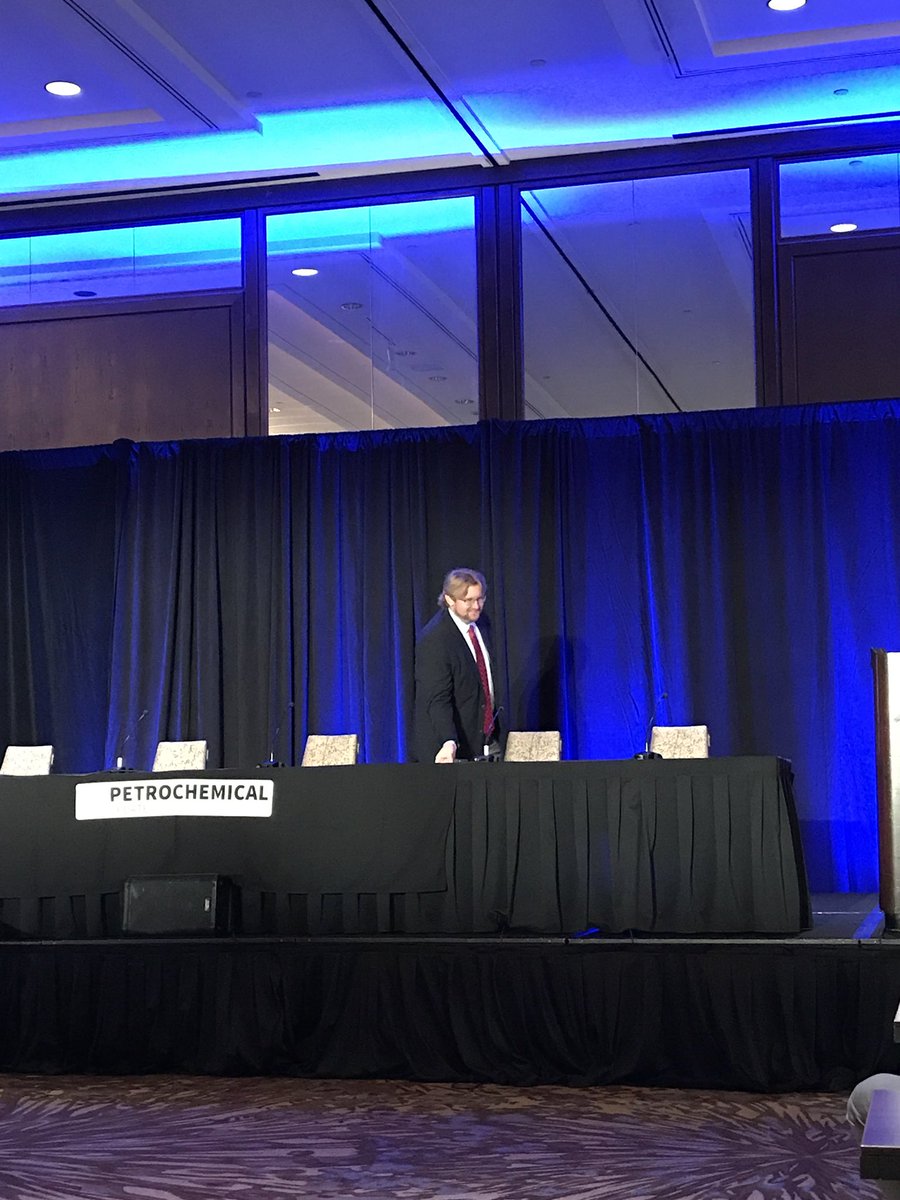




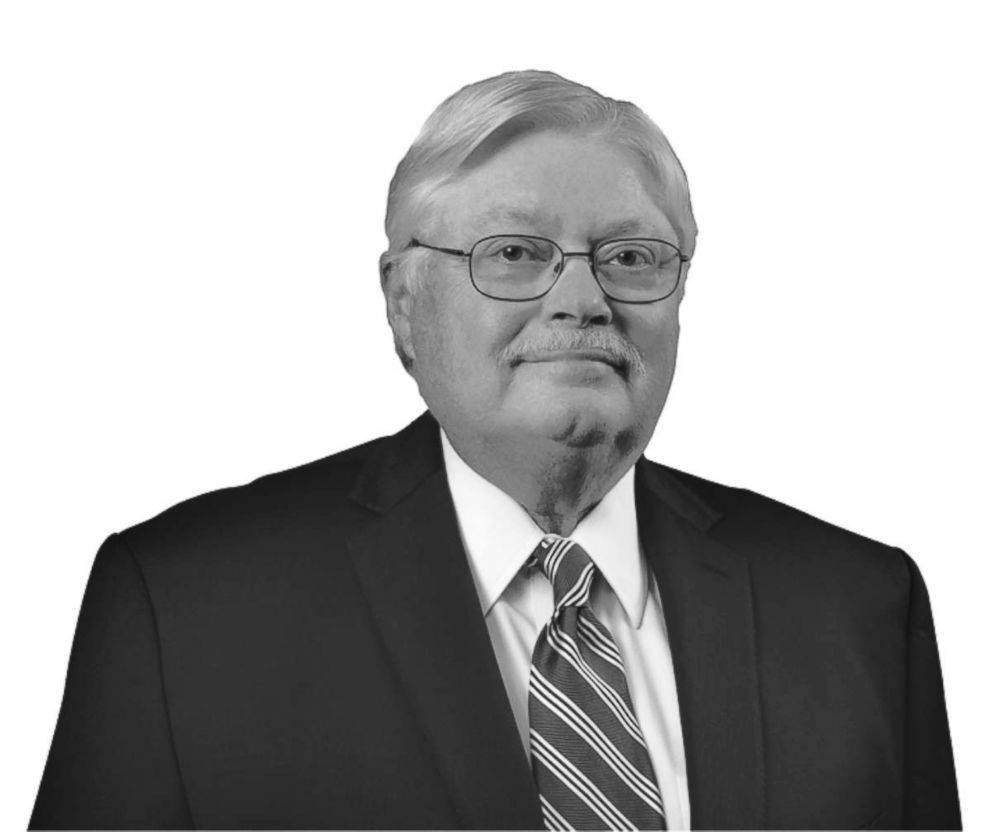
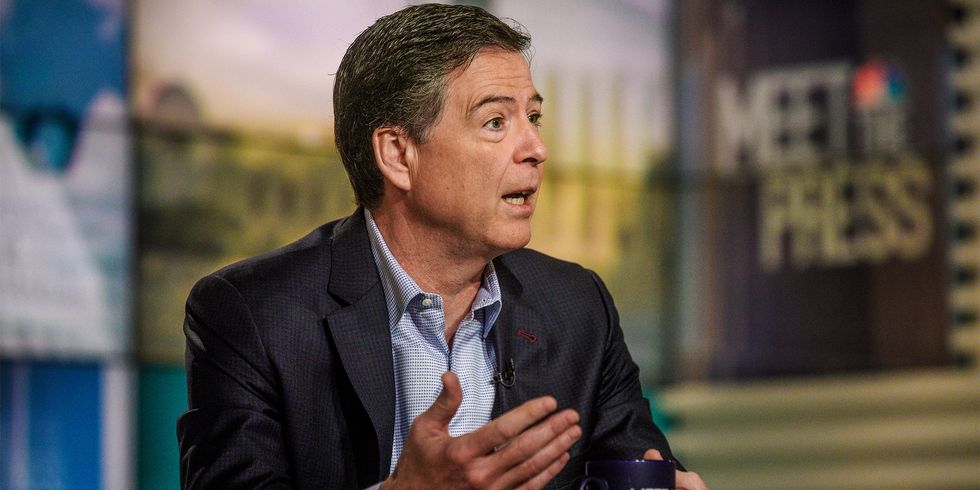 Getty Images
Getty Images Getty Images
Getty Images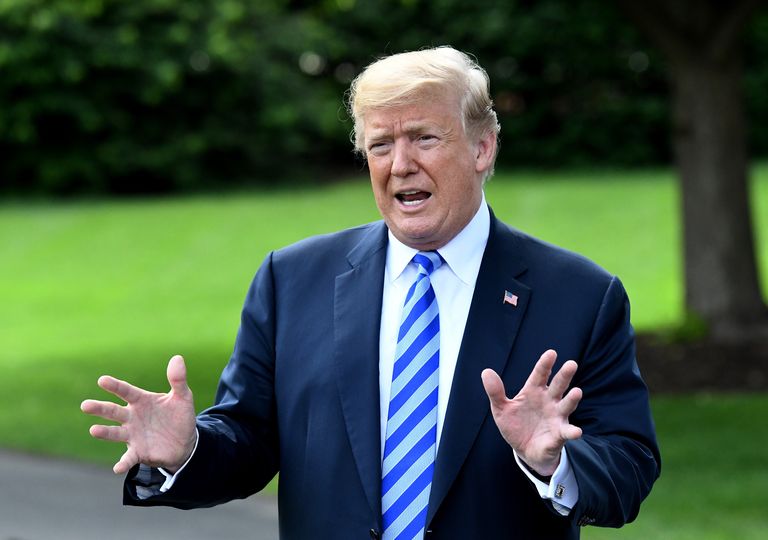 Getty Images
Getty Images Getty Images
Getty Images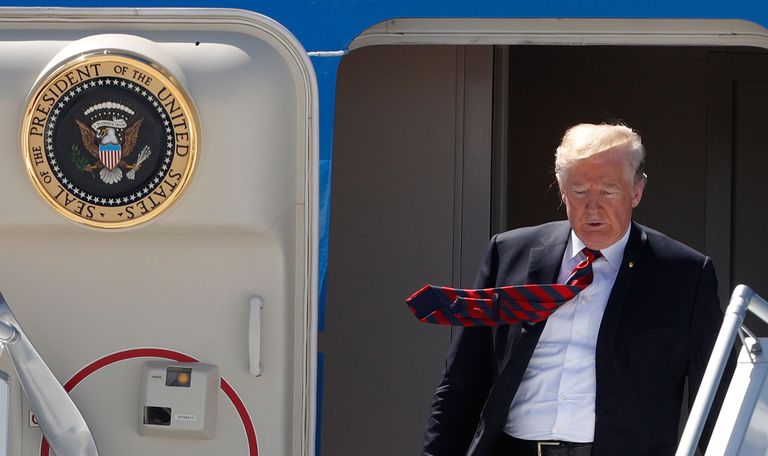 Getty Images
Getty Images An unidentified US soldier patrols next to a US flag on a military ship docked in Manama, Bahrain. (AP Photo / Hasan Jamali)
An unidentified US soldier patrols next to a US flag on a military ship docked in Manama, Bahrain. (AP Photo / Hasan Jamali) © Getty
© Getty